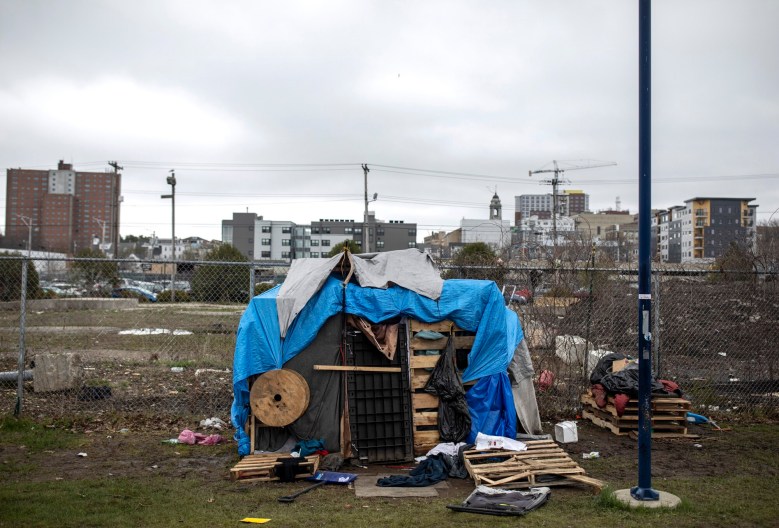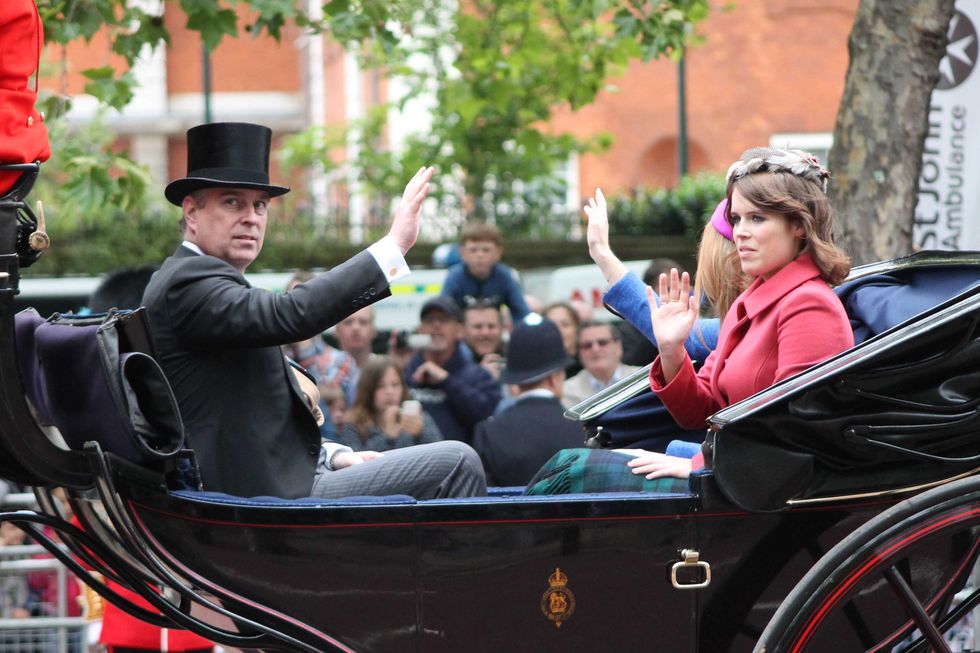Tag: sarah
‘Lots more still to come’: Biographer spills the tea on ex-Prince Andrew
Andrew Lownie is a lucky author. He spent many years researching the story of Prince Andrew and Sarah Ferguson, speaking to 300 people with intimate knowledge of the couple far more refused and accessing files from the National Archives for which he needed a court order. Last week, King Charles announced his brother would be stripped of his royal titles, including prince, and will move out of his home, Royal Lodge. Entitled, his unauthorized biography of Andrew and Sarah, appeared shortly before Andrew’s precipitous fall from grace and will undoubtedly be a bestseller. When they built and furnished their first home, Sunninghill, it sounded remarkably like something Trump might construct: “One entered by the thirty-five-foot high stone floor hall, which rose to a glass dome and minstrels gallery through a lobby adorned with a medieval soldier’s helmet from Windsor Castle and the head of a North American buffalo a gift from a royal tour.”Trumplike, too, is the way their children, Princesses Beatrice and Eugenie, have been gifted profitable access to some of the Middle East potentates who befriended Andrew, though Lownie tells us remarkably little about the princesses. (He does not even comment on the fact their royal titles are not shared by their cousins, the children of Princess Anne and Prince Edward.)Lownie is an engaging author, and his book is a compulsive read. He is skilful in dropping in a casual comment that becomes relevant later. The best example is several accounts of Andrew seen dancing at nightclubs and sweating profusely; those of us who watched his fateful television interview will recall his protestation that the stress of his service in the Falklands War cost him the ability to sweat. Among the many people whose reputations are soiled in this sorry tale, that of the late Queen Elizabeth is most striking. While others in the family Prince Phillip, Prince William, even Princess Margaret were appalled by the couple, the queen remained blind to Andrew’s dealings and consistently bailed him out. After the BBC interview, she was deliberately photographed riding with Andrew in the grounds of Windsor Castle, Lownie writes. Lownie remains discreet in his discussion of the queen and is on record as a supporter of the monarchy. (Though he told an interviewer last week: “I think the queen has to take some responsibility for the monster she created.”)If there is a gap in this book, it is his reluctance to question how far the sense of entitlement, carried to the extreme by Andrew and Sarah, is common to others in the family. Can the monarchy survive? Lownie ends his book warning of the harm this story has done to the British monarchy. He finished it before King Charles acted to decisively exorcise Andrew from “the firm” and banished him to what the royals call “a cottage” on Charles’ private Sandringham estate. I suspect this has saved the monarchy in Britain, at least for now. Charles has proved to be a far more effective constitutional monarch than most expected, as he demonstrated when he very carefully hosted Trump’s state visit. That the Canadian prime minister invited Charles to open the nation’s parliament earlier this year suggests he is seen as a valuable political asset. Whether exile to Sandringham will prevent further moves against Andrew is unclear. With royal status removed, he is vulnerable to other possible accusations emerging. I would not be surprised were he to end up in Dubai, where he could share reminiscences of royal splendour with the disgraced Spanish king, Juan Carlos. Or in Abu Dhabi, where he has reportedly been offered the use of a lavish royal palace by the country’s ruler. Reading Entitled, it is hard to feel monarchy is justified. But I return to the dilemma that led me to write my book God Save the Queen: many of the countries we regard as most democratic Norway, Denmark, the Netherlands are constitutional monarchies. In the end, Britain’s monarchy will survive because its political leaders are trusted even less than its hapless royals. Dennis Altman, Vice Chancellor’s Fellow and Professorial Fellow, Institute for Human Security and Social Change, La Trobe University This article is republished from The Conversation under a Creative Commons license. Read the original article.

